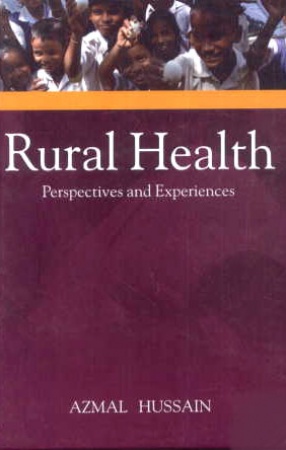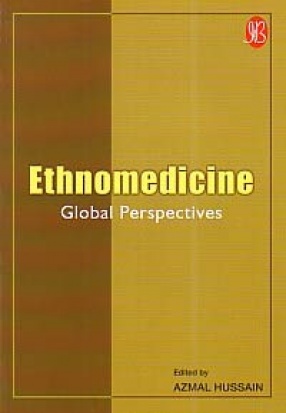Though there is a plethora of literature on efforts that aim at making healthcare programs integrated, interdisciplinary and managed in order to reduce fragmentation and improve continuity and coordination of care, they are mostly generic and only a small segment relates to rural issues. It has often been observed that rural people face a unique set of factors creating disparities in healthcare that are absent in urban areas. Living in isolated and remote areas often conspires to impede rural people from leading a normal, healthy life. These and other issues form the backdrop against which the book is complied.
Healthcare administrators, researchers and thinkers often get tempted to experiment with innovative approaches to apply in rural areas that cannot only counter the challenges of resource scarcity but also optimize the results in remote settings. There is an ever-increasing number of such possible ways owing to innovations that intend to improve health care services in rural areas.
The book focuses on rural healthcare issues and innovations. Its purpose is to provide a practical know-how and different modes of addressing heath issues in rural settings and to identify and document the different contexts and practices of rural healthcare management in different geographical settings. A number of issues having utmost contemporary relevance are discussed in every possible detail. It is expected to be useful to development professional, policy planners, public administrators, anthropologists, social workers and other social scientists.








There are no reviews yet.